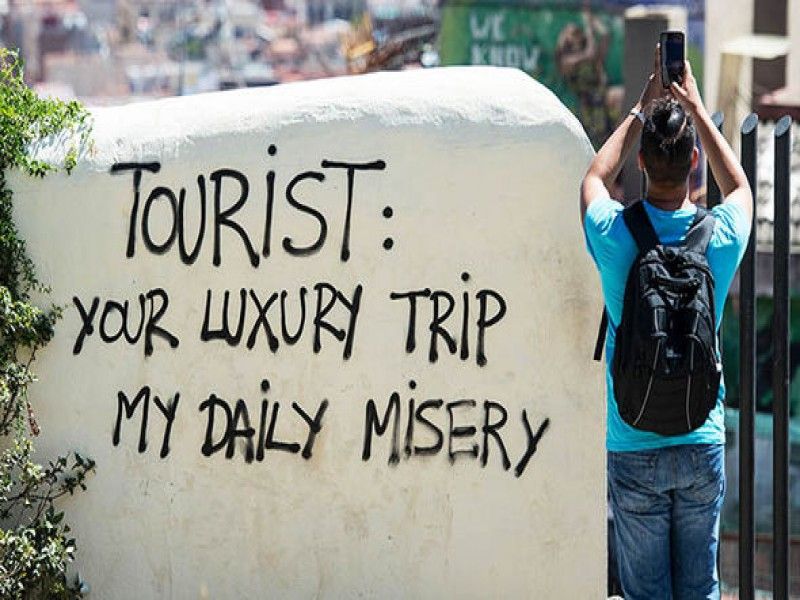The events, meetings and tourism industries have boomed over the last 20 years. Cities have been among the key beneficiaries of this increased revenue. However, this growth is simultaneously challenging the environmental capacity of certain cities and the quality of life of the people who live there. Cities such as Venice, Amsterdam, Barcelona and Hong Kong have experienced exponential growth in tourism and meetings. They have also seen significant backlash from local residents, who claim that they are losing their city and culture to the incoming masses.
For instance, here is an example of the type of press that your destination does not want to have on the headlines – “11 Angry Tourist Hotspots That Are Best Avoided This Summer”. As a result, destinations need to better understand, determine and manage boundaries and limits – probably the very definition of “sustainable tourism.” To get the support and advocacy of the local community, DMOs need to get much better at engaging with, including and listening to their stakeholders.
What can cities do in order to engage and listen to their local stakeholders? The latest GDS-Index white paper looks to Barcelona – a tourism hotspot for many years now that has seen a rise in anti-tourism protests across the city. As part of the new Barcelona 2020 Turism Strategy, the Barcelona City Council has been pioneering “open democracy” – using technology to engage and involve the citizen in city decision-making. Developed with a year of participation from over 300 people, the research included analysis of data from diverse sources and stakeholder groups. The strategy aims to better integrate tourism and events into the running of the city, with three priority objectives: leadership from the public administration, sustainability, and to increase the social and economic returns for local residents. As expressed by the UNWTO secretary general Taleb Rifai to the Guardian when he responded to the rise in anti-tourist sentiment: “Ensuring that tourism is an enriching experience for visitors and hosts alike demands strong, sustainable tourism policies, practices and the engagement of national as well as local governments and administrations, private sector companies, local communities and tourists themselves.”
To access the full GDS-Index White Paper click here.



